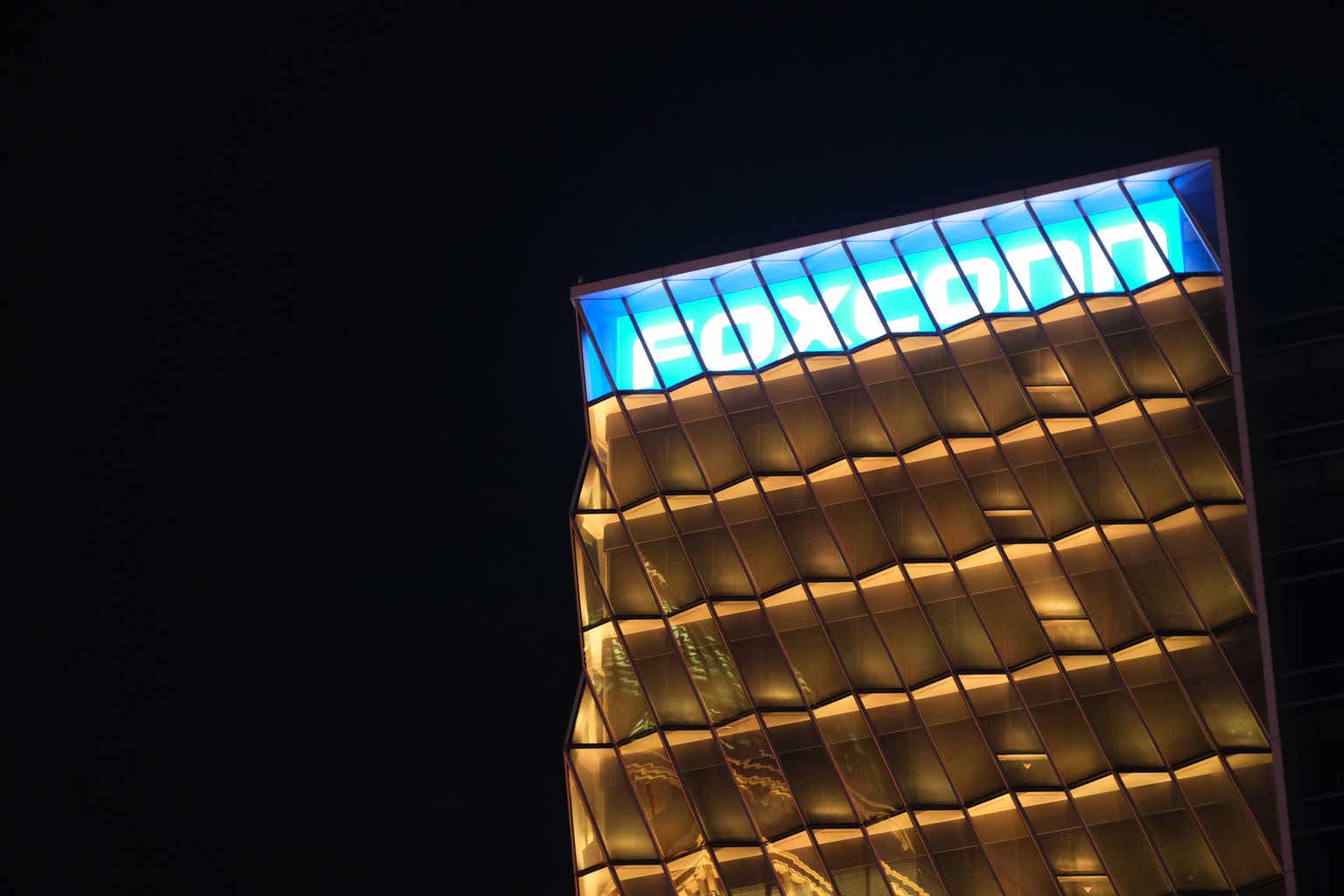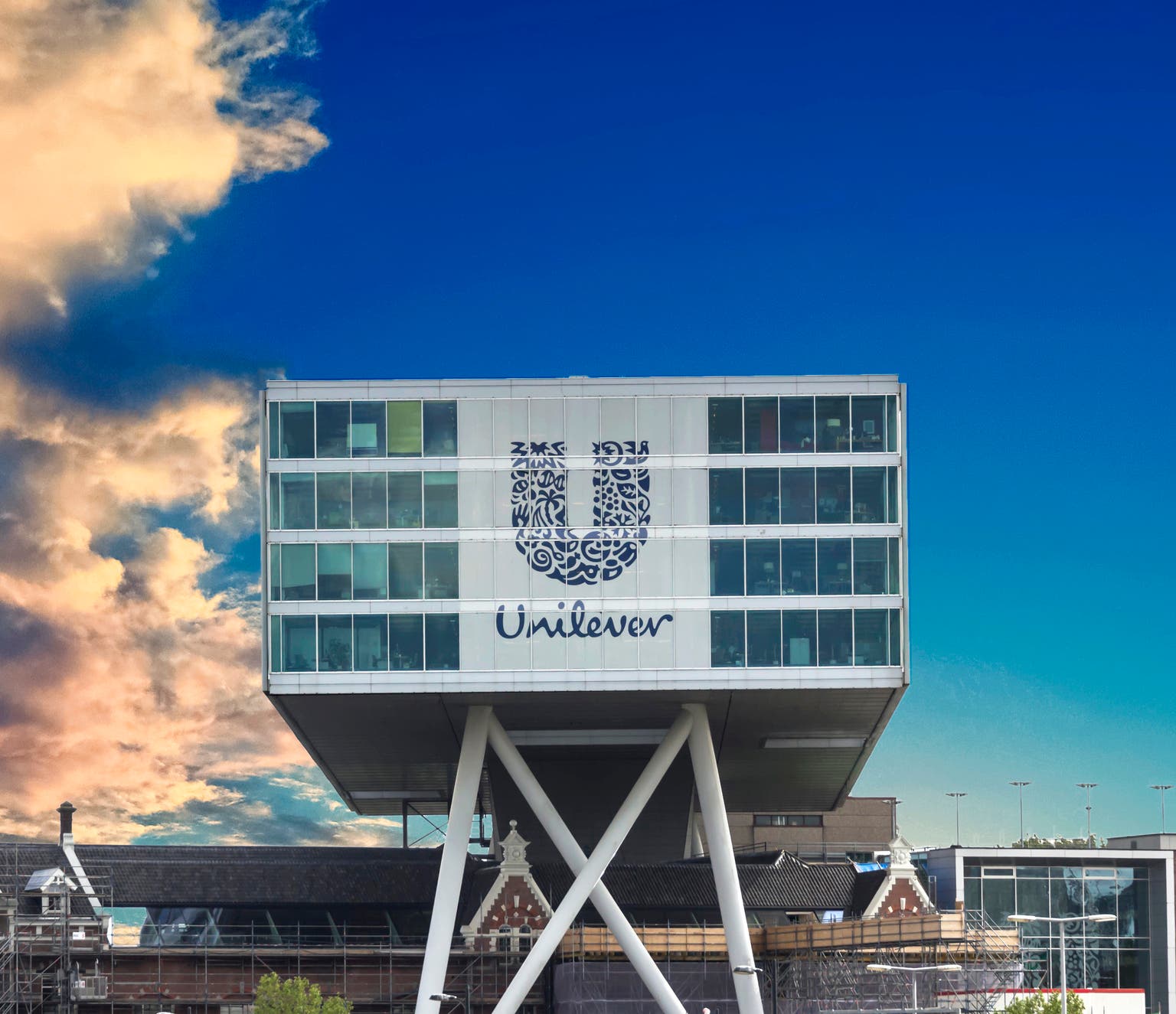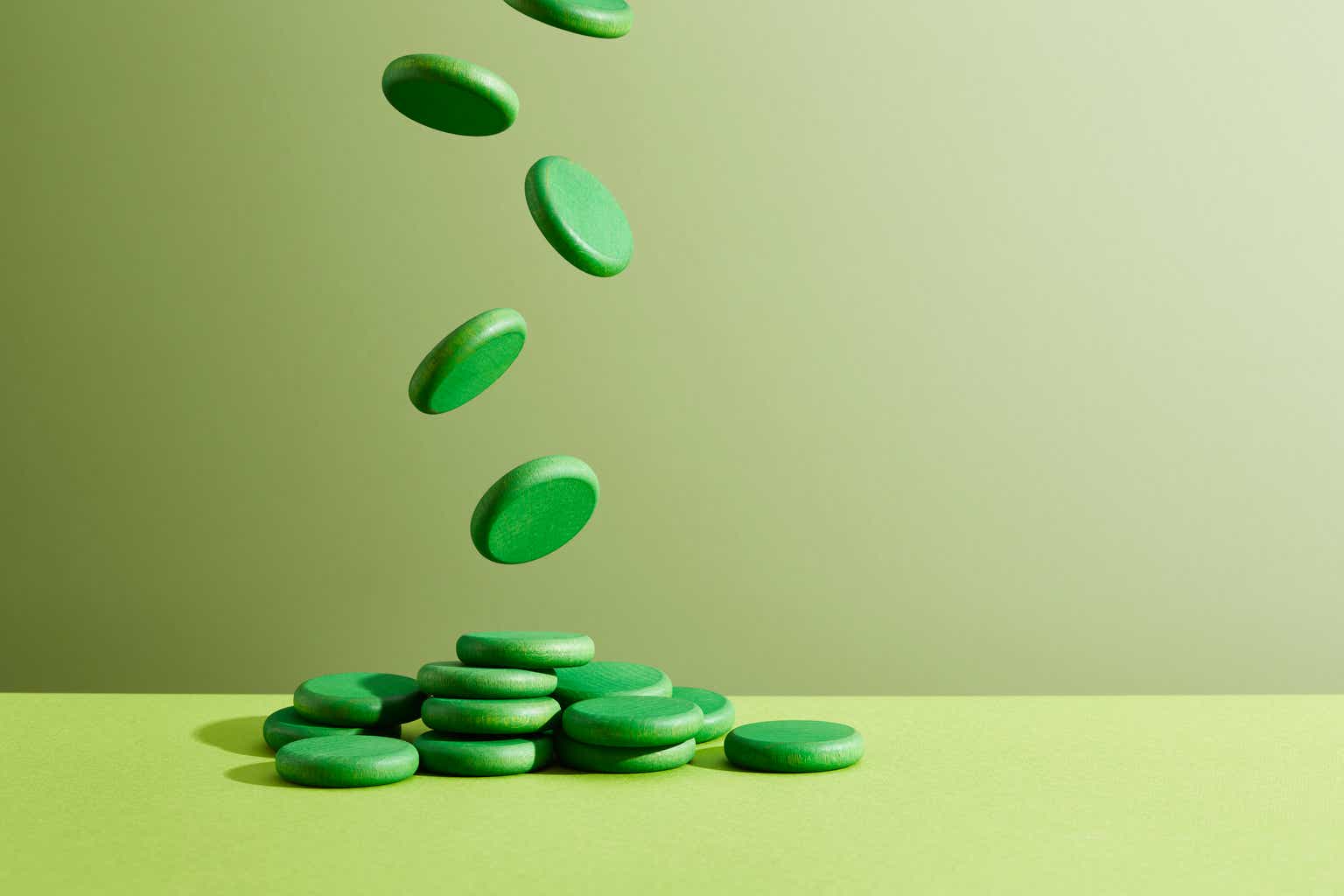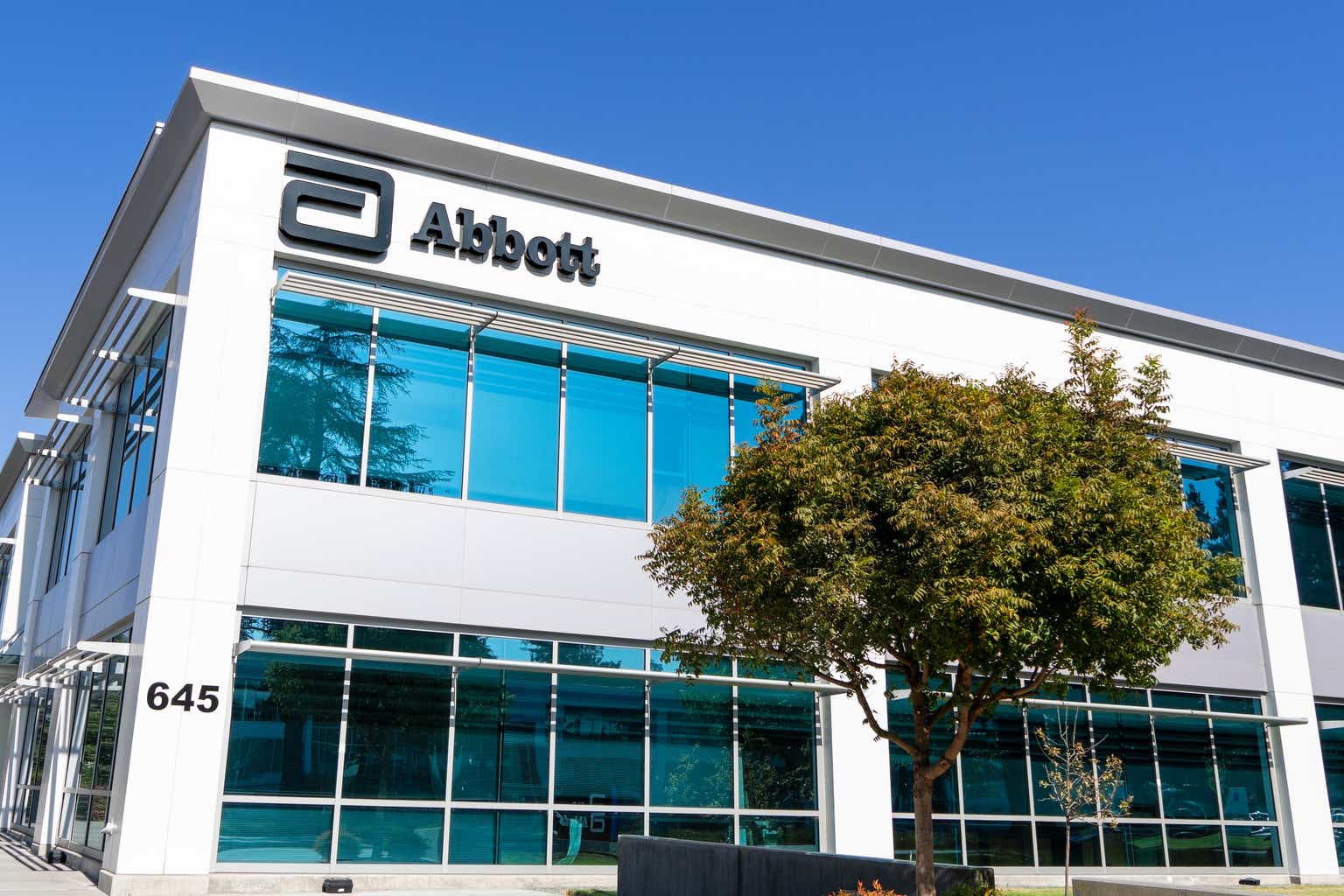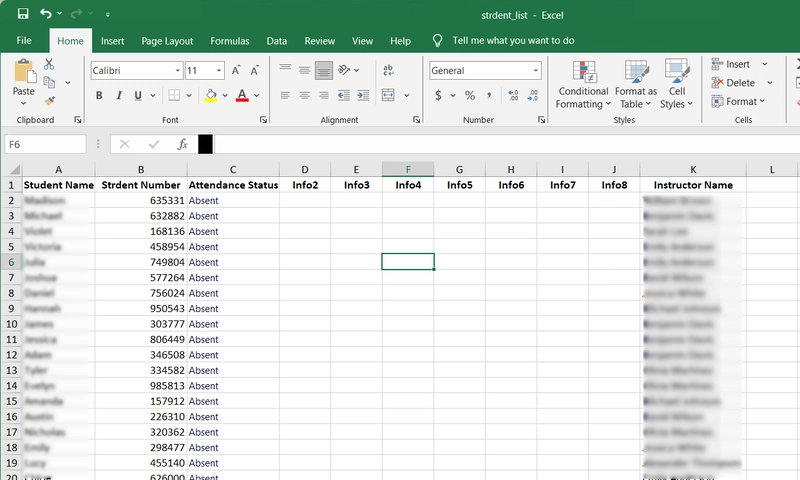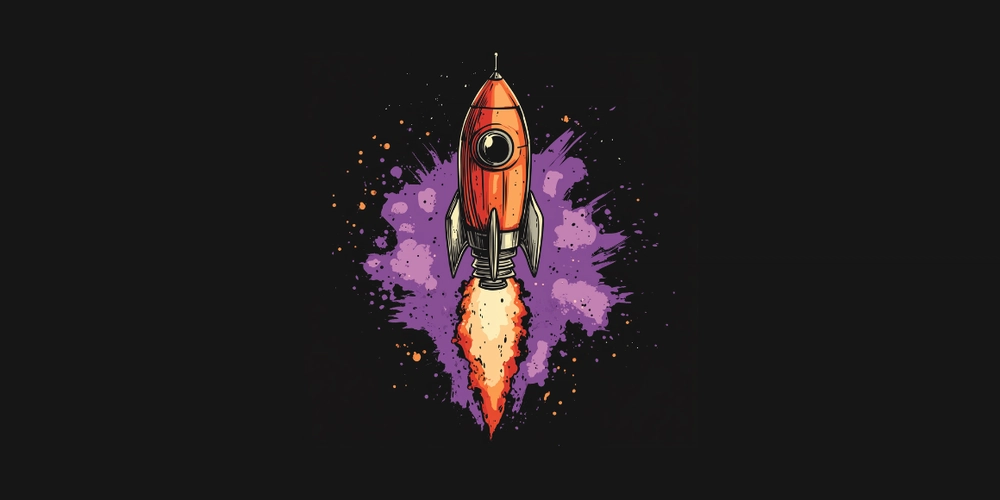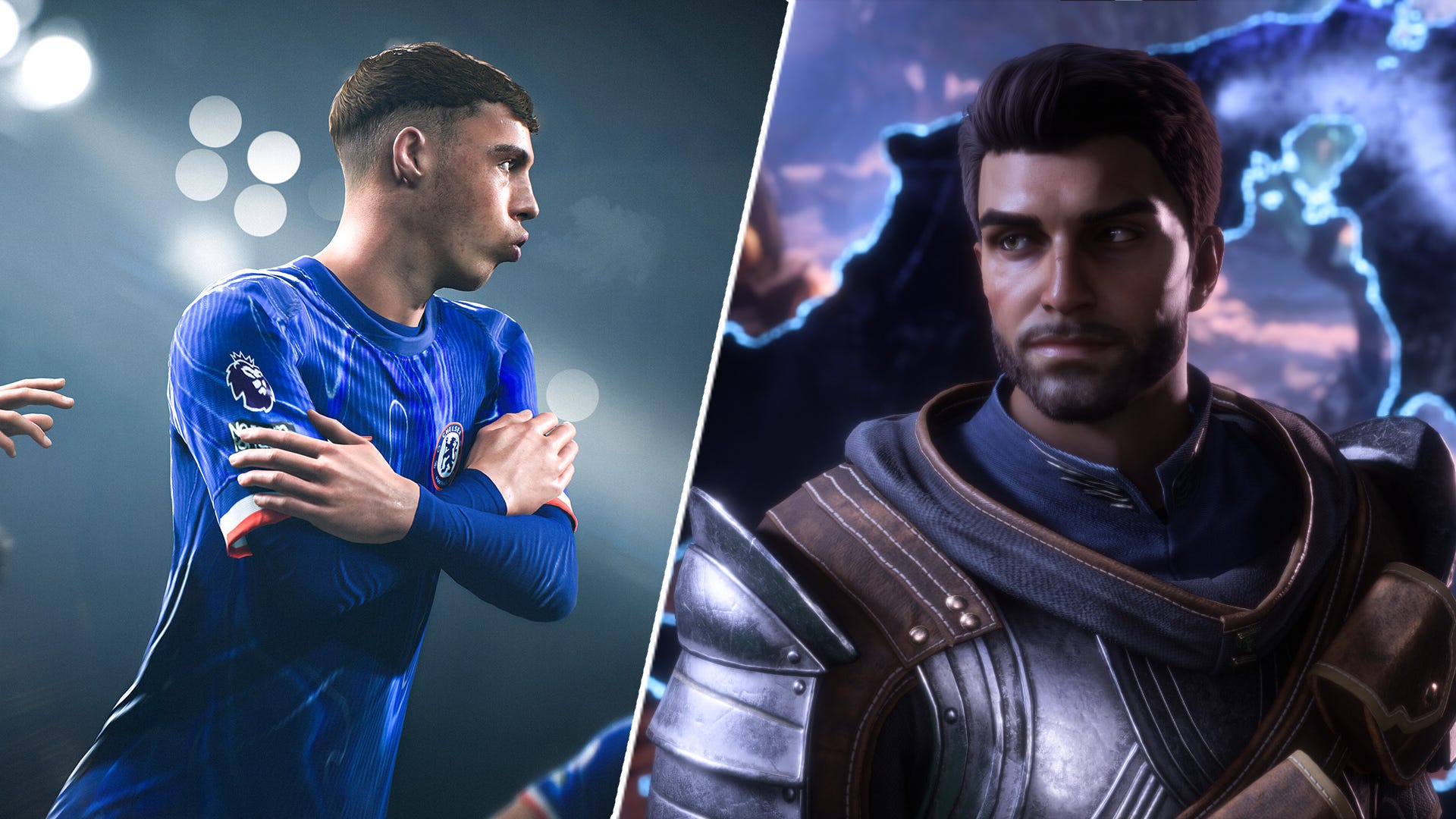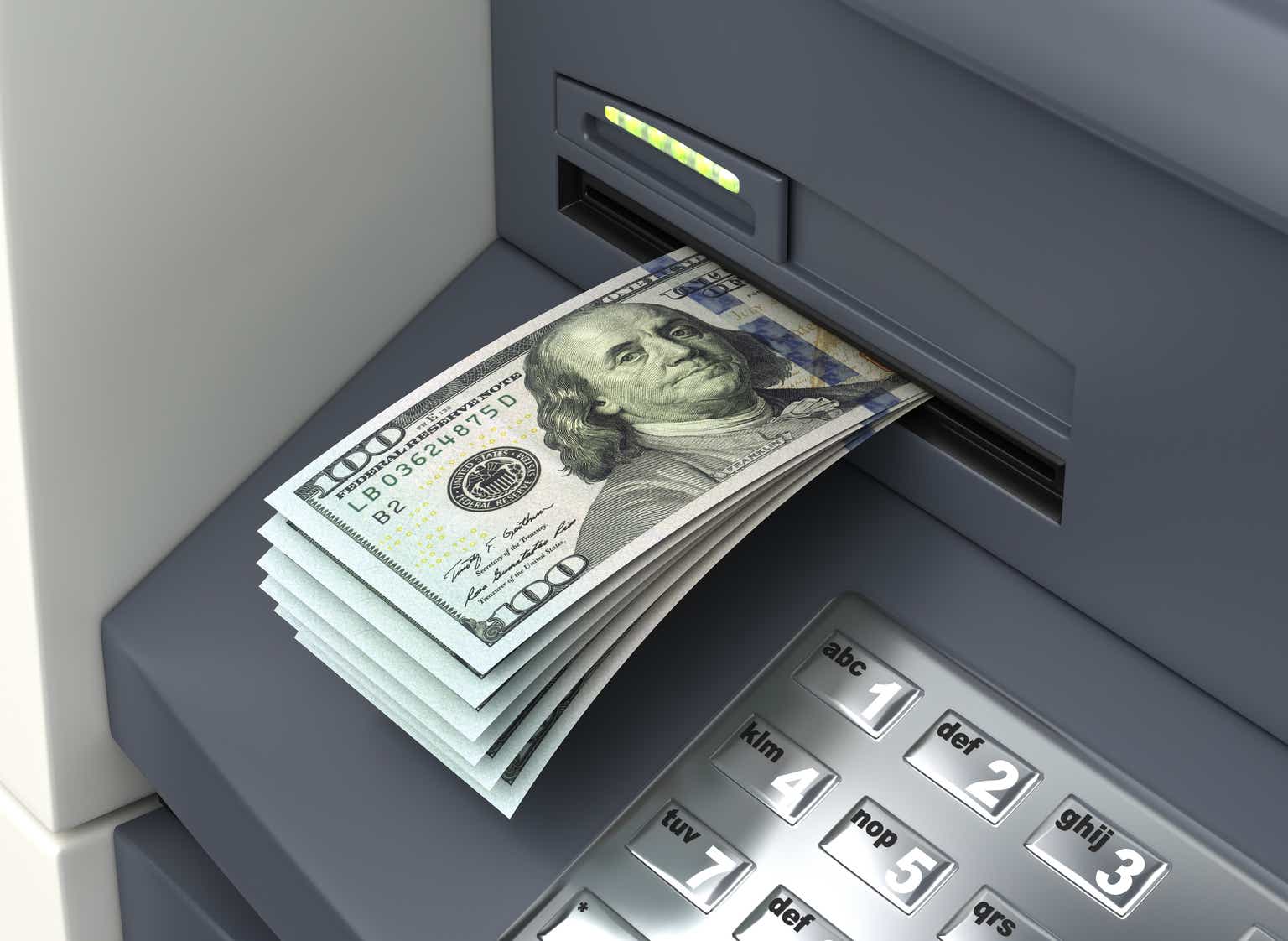Young, sober, and ready to party: the rise of Gen Z's booze-free nightlife
Gen Z is excited to hang out and see each other — but not necessarily over an alcoholic drink. That's a big opportunity for some businesses.
JJKH/Getty, Tyler Le/BI
A typical weekend for 28-year-old Olivia looks something like this: On Friday night, she'll catch a game, either in the stands or from the comfort of her couch in her home city of Philadephia. Saturday is for the girls — her book club might go out to brunch or convene at one of their houses. Sunday is for bonus activities like shopping and chores to help get ready for the week. While there might be alcohol at some of those events, Olivia won't be partaking. She's one of a growing cohort of Gen Zers who are opting out of America's drinking culture.
It's a choice that's become increasingly popular in Olivia's peer group. A few years ago, some of her friends would look at her like she was "crazy" for abstaining at social events. Now, some don't even notice — and more are joining her in cutting out alcohol completely, even in a city with a heavy drinking culture.
"I've noticed a lot of my friends have also started to give up drinking, or they're just not interested in spending the money," Olivia, who works in finance, said. "They don't like the feeling of it. Part of that I think, is getting older; part of it is it's just not as cool."
This year, Dry January came with a new warning for Americans: The US surgeon general, Dr. Vivek Murthy, published an advisory that said alcohol should come with a cancer warning, as multiple studies pointed to a link between the two — even as many Americans did not recognize it as a potential danger. Alcohol stocks tumbled immediately. But if the fresh warning about alcohol shocked millennials and older Americans, many Gen Zers met it with a shrug.
"The younger generations are just a little more risk averse than we were," Mary Charlton, a professor of epidemiology and the director of the Iowa Cancer Registry at the University of Iowa, told me. "I think they're a little less fatalistic about things." If older generations embraced an ethos of "I'm going to die anyways, I might as well smoke," Gen Z is rejecting that, Charlton said — or, at least, they're more aware of who's making money off of getting them hooked on those substances.
Existential considerations aside, for many younger Americans, drinking has become incidental to a good time. If millennials killed off everything from golfing to casual dining, Gen Z might put the final nail in the coffin of social and economic life centered on alcohol. It's cheaper and more rewarding for them to opt for a different kind of connection. And, for a growing subset of businesses, that could translate into huge dollar signs.
Becca Borowski, a 25-year-old Wisconsinite, said that she drank "way too much" in college. When she was 22, she began getting terrible hangovers and decided she wanted to cut down on her consumption.
"I feel like everyone kind of realized after COVID that we don't really have to drink to have fun," she said, adding: "That's kind of when I started to realize, oh, I really don't enjoy drinking as much. I kind of just enjoyed more so that everyone was there."
That seems to be a common sentiment among her peer group. Gallup polling found that the share of 18- to 34-year-olds who drink alcoholic beverages has tumbled to a record low.
Meanwhile, the share of 18- to 34-year-olds who think even drinking in moderation is bad for health has doubled since the early 2000s. Chloe Richman, a 29-year-old in New York City who cohosts the podcast "Litty and Sh*tty," has been sober for nearly a year. Her decision to ditch drinking came after she started watching videos about popular online wellness trends such as 75 Hard and cold plunges.
"It really got to me, and I was thinking, oh, that's an easy fix for me," Richman said.
She says she only drank on weekends but would go hard when she did. That meant a lost day on Sundays recovering from the inevitable hangover. So cutting out drinking completely seemed like a logical next step. At first, the decision felt "extremely isolating" — going out for a drink was an easy option for socializing that no longer existed. But soon, she became "obsessed with the idea of just treating my body the best it can be," and decoupled fun from alcohol. These days, her evening activities include going to paint at an art café.
The shifting attitudes toward drinking affect not only how Gen Zers spend their time, but it's also had a dramatic effect on how they spend their money. For some businesses, this has become a serious issue: Concert venues are struggling with lower alcohol sales, and some bars are having to pivot their offerings, bolstering their non-alcoholic options and crafting spaces for optimal socializing. At the same time, a Gen Z nonalcoholic economy is quietly booming — and creating an opening for new types of businesses. The global non- and low-alcoholic beverage business has ballooned to $13 billion and is projected to grow even more. An analysis from IWSR found that nonalcoholic drink volume rose by 29% from 2022 to 2023, and the industry is projected to grow by 7% from 2023 to 2027. Nonalcoholic beverages have also captured new fans: In 2023, for instance, 17% of the industry's consumers were new to the nonalcoholic market. It turns out that Gen Zers still want to see each other; it just doesn't have to be over a drink.
As with any social movement, some big corporations are trying to capitalize on the recent shift. The big alcohol companies have already been gearing up for the anti-booze revolution, with many launching alcohol-free versions of their products. Heineken's CFO Harold van den Beck said in an October earnings call that 4% of the company's portfolio is nonalcoholic beverages and that that could increase to 6% or 7% of the total portfolio in the foreseeable future. Even Gen Z icon Tom Holland — who has been sober since 2022 — has launched his own nonalcoholic beer, Bero, which touts itself as "the new gold standard in beer."
Beyond the big businesses trying to get in on the trend, local entrepreneurs are also trying to create a smaller-scale community that caters to Gen Z's booze-free proclivities. Alexandra Zauner, 34, quit drinking 10 years ago. She wanted to create a way for people to socialize without alcohol, something she felt was missing in her own sobriety journey. That led her to create Lucille's, a nonalcoholic bottle shop and tasting room in St. Paul, Minnesota.
"We're seeing more and more people that are craving opportunities to connect, and it's less about the alcohol and it's more about just creating spaces for people that feel exciting and fun and gets people out of the house," Zauner said. She thinks people still want to experience nightlife — they're just opting not to do that at bars. Whether she's at one of her own nonalcoholic events or someone else's, she feels she gets to connect with other people on a deeper level — and have "genuine fun."
It's less about the alcohol and it's more about just creating spaces for people that feel exciting and fun and gets people out of the house.
That rings true for Borowski, the Gen Zer in Wisconsin, who wants to get out and meet people without feeling the need to down boozy drinks. For her, that's meant pursuing some of her more creative hobbies: She's a student at local pottery studio Cream City Clay, where she's been cultivating a few friendships out of class. Connecting with peers who share her hobbies — rather than just a drink — has led her to more like-minded, creative folks.
"It's really fun to be able to take our friendship out of the class," she said.
At Chaotic Good Cafe in Manhattan — a new board game and role-playing venue — Gen Zers are flocking to play weekly games of Dungeons and Dragons. After being laid off in January 2023, the café's owner, 39-year-old Andrew Panos, combined his love for board games and coffee to create a space that doesn't revolve around alcohol (although it's still available for patrons who want it).
"We get a lot of people in their 20s and 30s coming in just to sit down and do work. We have WiFi and lots of outlets and 45 seats," Panos said. "We encourage people to sit down. So we're getting a lot of people who just want a cozy, warm spot right now."
That's pretty much the definition of an ideal third space — a place to gather that isn't home or the office but open to those who want to hang out for longer unstructured stretches. If millennials found themselves constricted by a loss of third spaces that funneled primarily into bars, Gen Zers' appetite to hang out sans alcohol might bring third spaces back and then some. A quick glimpse at the type of activities Gen Z is resurrecting — like speed dating or book clubs — shows that there's a larger cultural shift undergirding the patrons keeping these businesses afloat.
Gen Z sobriety still has its own nuances — many Gen Zers are still drinking, even if just a little. Others might be more motivated by current wellness trends and an acute need for connection than a long-term dedication to sobriety.
In Ohio, the rock-climbing walls at RockQuest are hopping on a Friday night. The general manager, 34-year-old Tyler Carson, has noticed an influx in younger folks who aren't just serious outdoorsy types. That includes everyone from older high schoolers to college groups to first dates. Carson said that the pandemic was a catalyst, of sorts — people were stuck inside and getting antsy. Now, some are opting for the thrill of the climb instead of the high of an alcohol buzz.
"There's enough fear even when doing it properly that's like, ooh, this is kind of a rush for people, especially new to the industry. And so they get that excitement, they get that thrill," Carson said.
Indeed, some of the Gen Z focus on sobriety might be tied to the overarching wellness culture and a focus on weight-loss and body transformations fueled by drugs like Ozempic. As Meir Statman, a professor of finance at Santa Clara University, said, "thin is in" in America right now, and younger people (many of whom are frequently on camera, whether it be a Zoom call or an Instagram story) are more concerned about how they look to potential mates. Emily Wilson, a 28-year-old in New York City who cohosts the "Litty and Sh*tty" podcast with Richman, said, much of the new wellness culture — including the sober-curious movement — is centered on selling new products to Gen Zers.
"Wellness is kind of a scam, but I think the fact that it's making people be healthier in some ways — like sobriety — is good, but there's definitely other ways where it's like the Ozempic culture is terrible," Wilson said.
While more members of Gen Z are sober-curious or cutting out alcohol, it doesn't mean all members of the younger generation are dialing back, and other substances might see more Gen Z support: 19% of 18- to 34-year-olds surveyed by Gallup in 2023 and 2024 said they smoke marijuana, the highest among age groups. Even weed companies are adapting to the younger generation's desire for a less intoxicating experience — Curaleaf recently launched a new seltzer with a 2.5-milligram dose of hemp THC, half the dosage of its 5-milligram seltzer launched over the summer. Curaleaf chairman and CEO Boris Jordan said their products are getting a boost as young people search for alcohol-free alternatives.
"As cannabis legalization expands and the hemp market grows, we are seeing adults shift from alcohol use to cannabis consumption, particularly in the 21-27 age group," Jordan told me in a statement.
These changes started taking hold even before the surgeon general's advisory, which may help to accelerate Gen Z's shift — and grow the market for alcohol-free fun. After completing her own research on the link between drinking and cancer, Charlton abandoned her habit of having a glass of wine at night as a reward for getting work done. Now, she only drinks socially. She thinks the longer-term effect of the prominent cancer warning might help people broaden their perspectives on how they want to spend their time.
Kam Kobeissi, 44, has witnessed the Gen Z transformation firsthand. Kobeissi, an elder millennial and a nonprofit worker in the Albany region, has never been much of a drinker; in the past year or so, he's been trying to find a community of people who don't rely on drinking-based socializing. But who he finds isn't exactly his cohort: "I'm definitely a minority in my age bracket." As a millennial, he's familiar with the generation's reputation for killing off certain activities and brands (rest in peace, diamonds). Now, he's getting to see the younger generation perform their own economic sleight of hand. When Kobeissi went to check out a board game café the other night, he was the oldest person there by 10 to 15 years.
"I really like this new generation and how it stands out in such different ways from what traditional business and marketing kind of is used to," he said. "I think it's challenging everything across the board."
Juliana Kaplan is a senior labor and inequality reporter on Business Insider's economy team.
What's Your Reaction?












